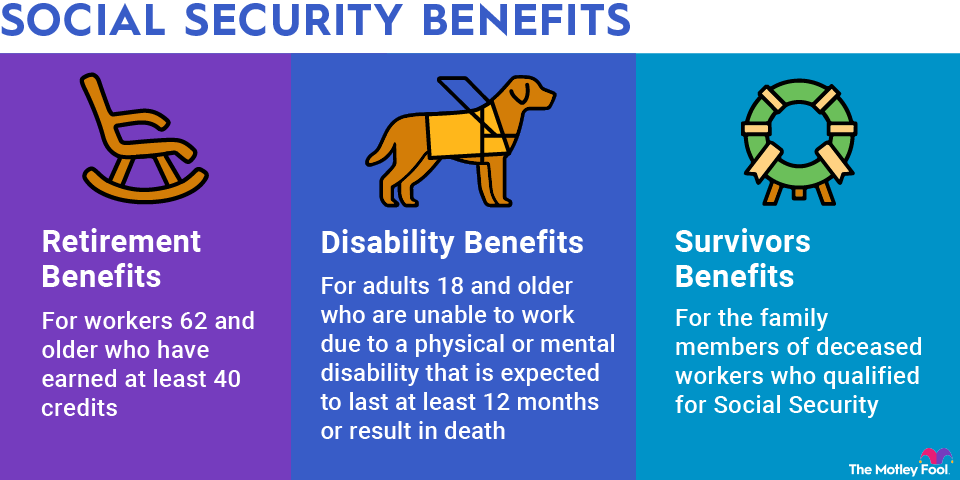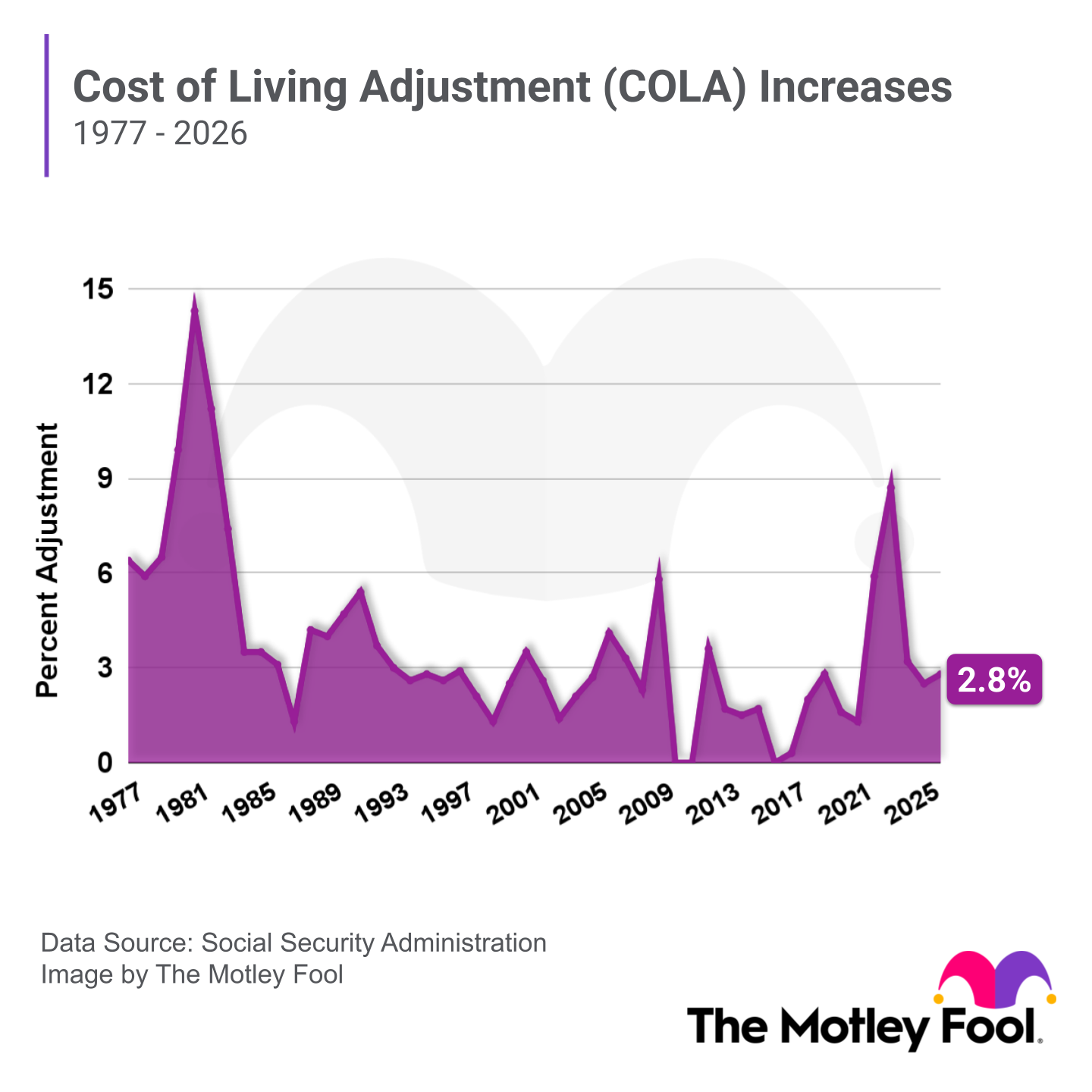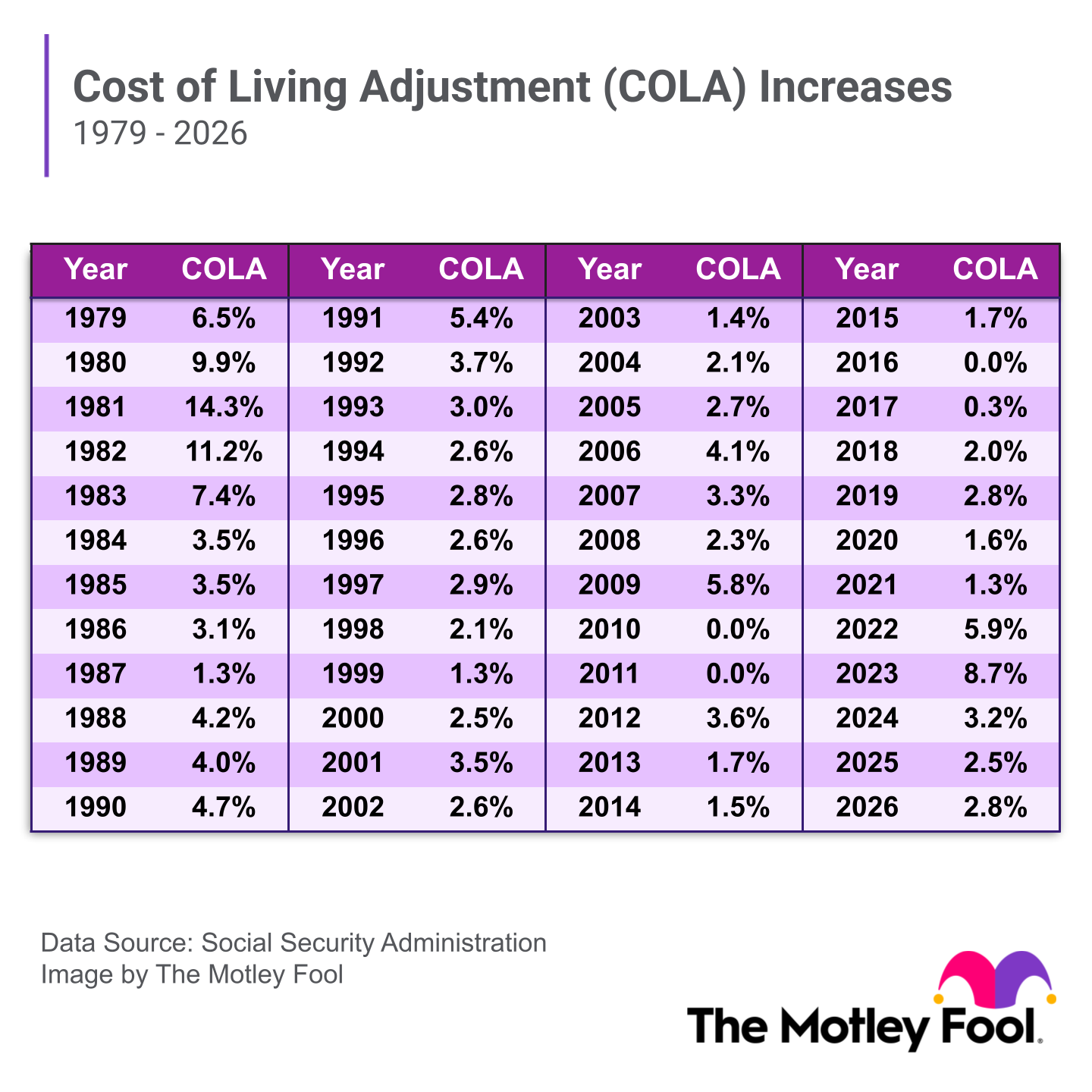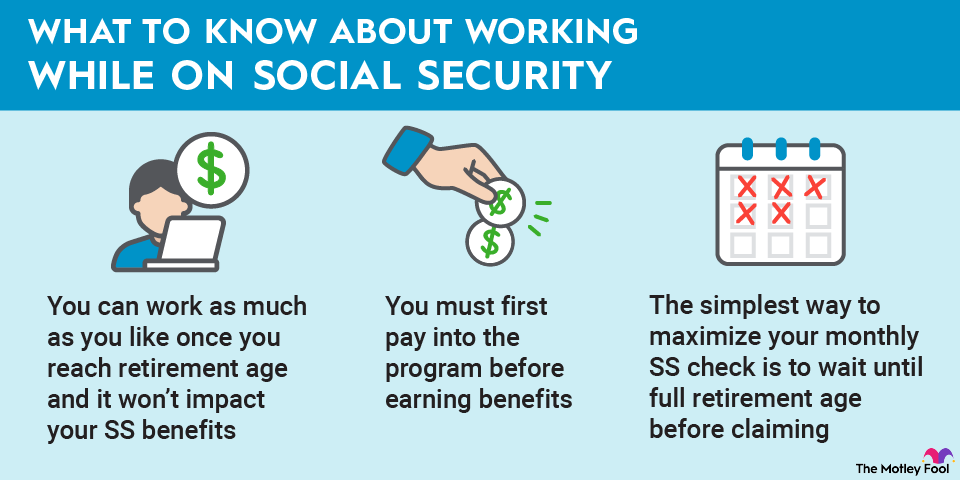The Motley Fool has a disclosure policy.
Working While on Social Security in 2025
You can work and claim Social Security at the same time, but should you?
Key Points
- Working while collecting Social Security may reduce your benefits if you earn above specific thresholds before full retirement age.
- No earnings limits apply to Social Security once you reach full retirement age.
- If Social Security withholds part of your benefit because you work, you'll get larger checks when you reach full retirement age.











